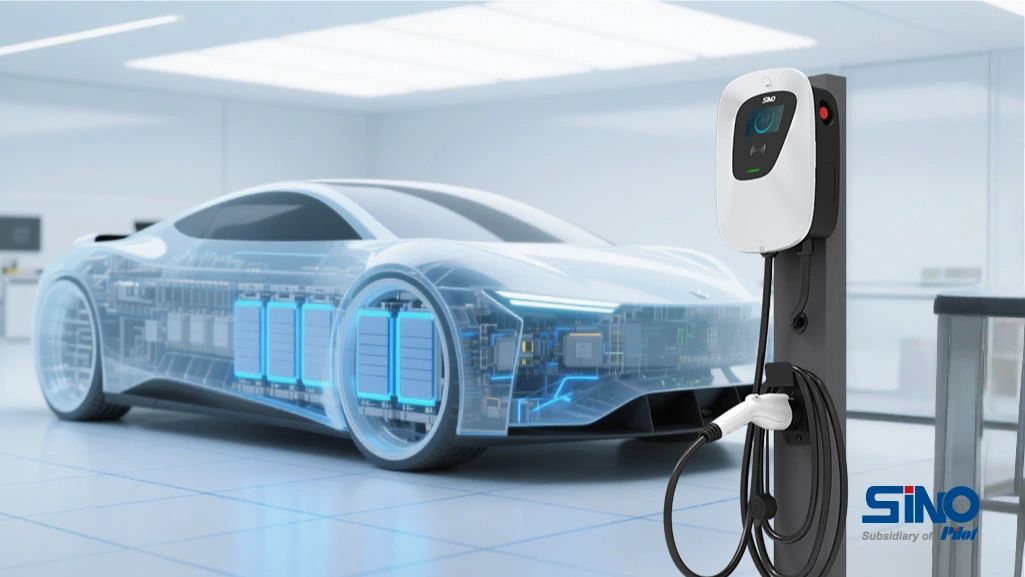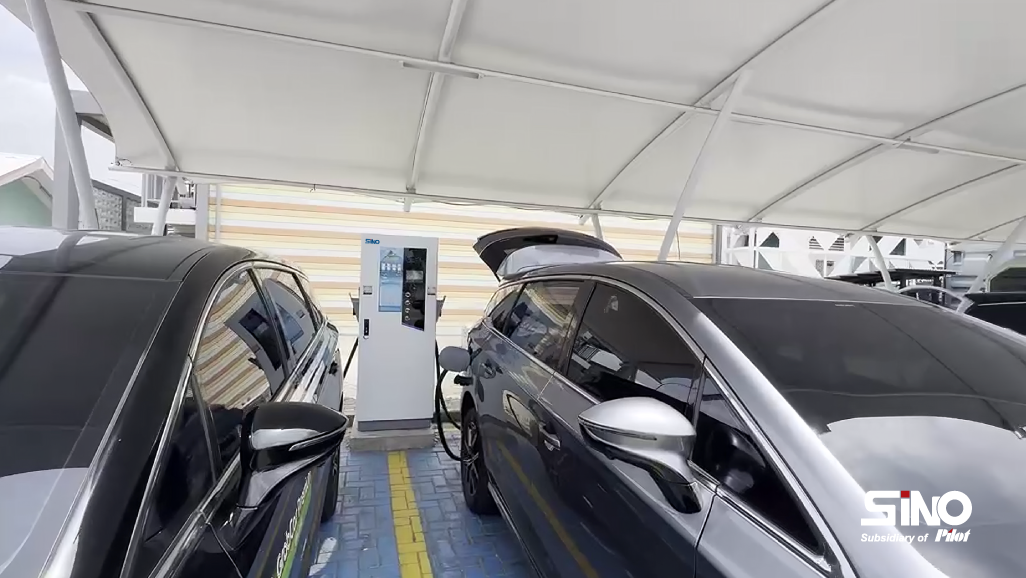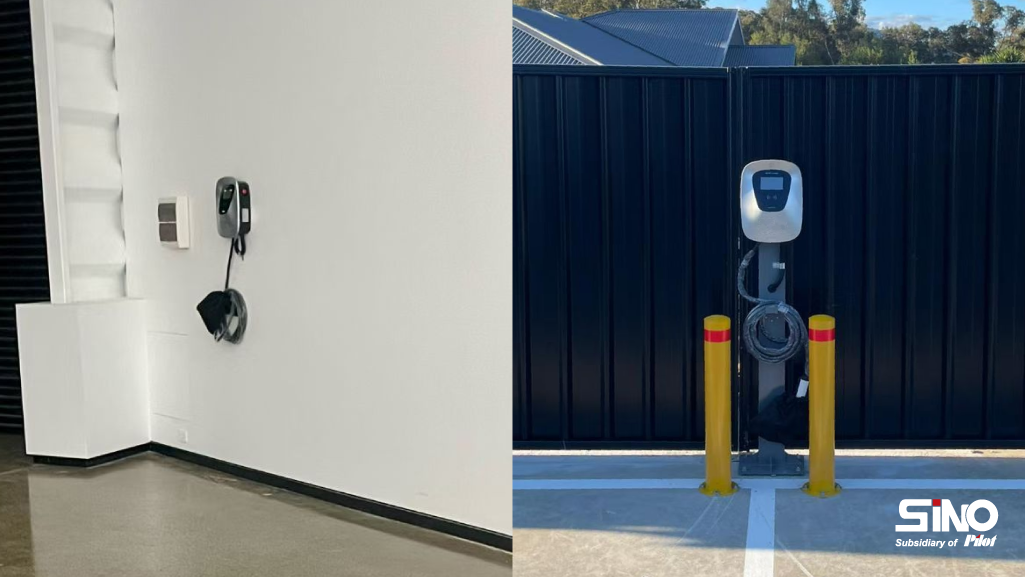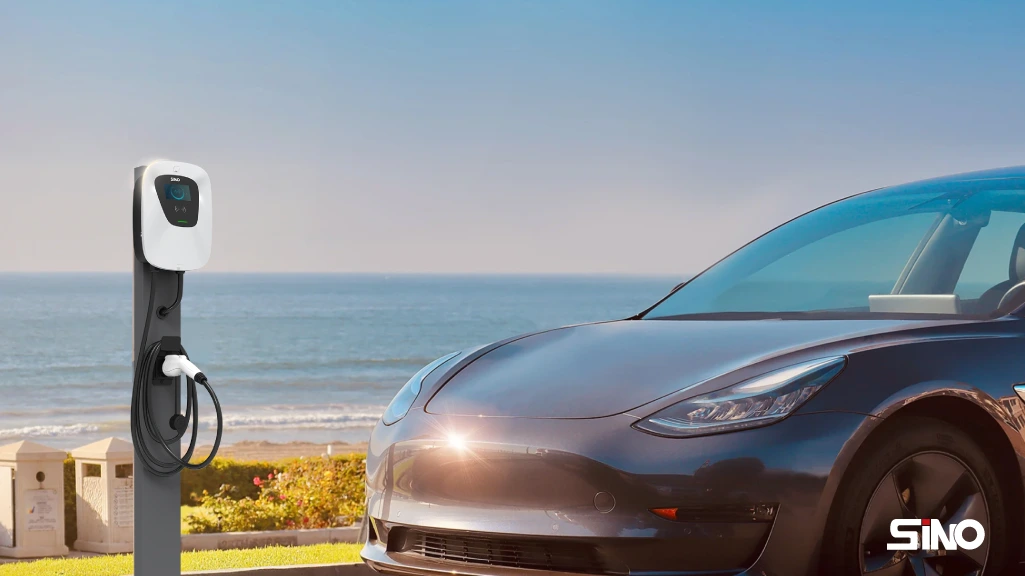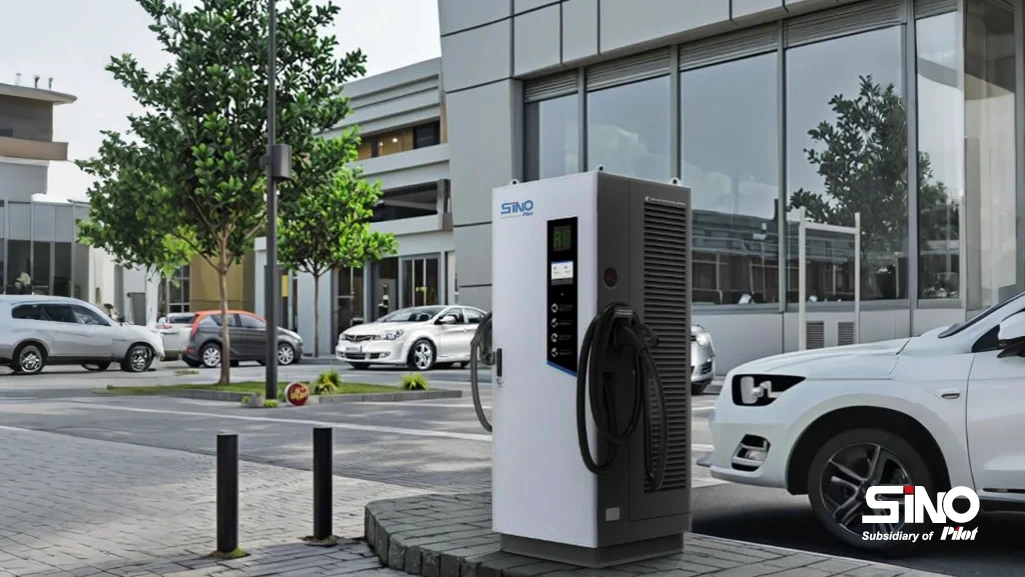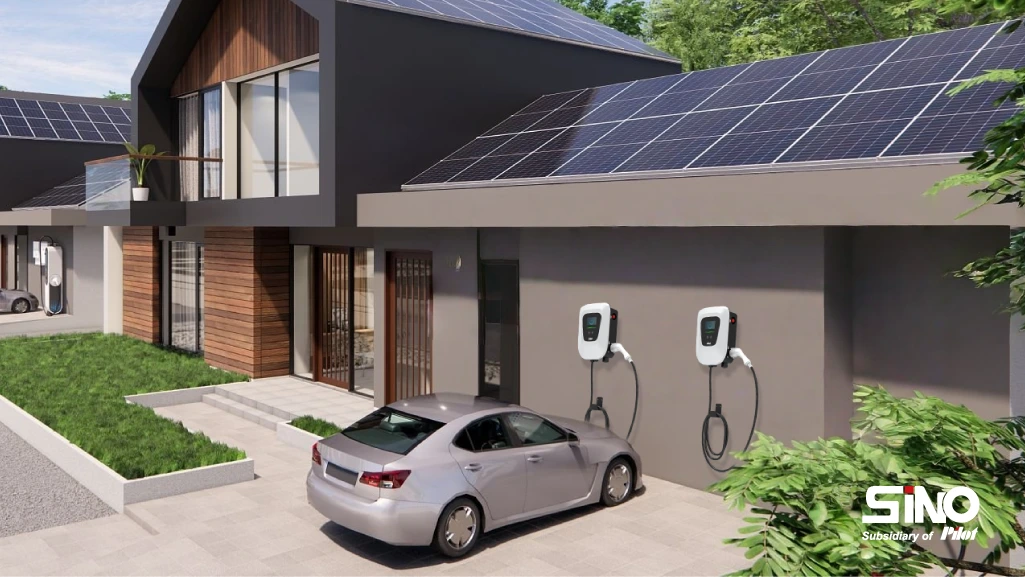kW and kWh are two crammers everybody made when talking about energy consumption. Both international measurement criteria minutely defined for making calculations on energy consumption, behalf of battery-operated vehicles, household appliances, and energy systems. It becomes significant when interpreting the meanings of kW and kWh for optimizing energy that ultimately cuts down utility bills healthy, safe, and efficient energy use.
This article will cover the meanings of kW and kWh, their uses, and their practical application. With time, you will be able to recognize these terms clearly and understand how to co-operate with them when the need arises in your life.
Understanding kW (Kilowatt)
What is a Kilowatt (kW)?
A kilowatt (kW) is a unit of power, measuring the rate of energy consumption or production. It refers to the period during which energy is consumed or generated at a certain moment. Power is the flow of energy over time, and kW is the measure of that flow.
For instance, if you switch on an appliance such as a kettle or an AC EV charger, the rating in kW will tell you the amount of power it is using at that instance. One kilowatt is equal to 1,000 watts, and hence if any device consumes 1,000 watts, it consumes 1 kW of power.
How is kW Measured?
Kilowatts are measured in real-time, usually through electric meters or monitoring devices. Most times, kW ratings are indicated in the product specification for an appliance. For an electric vehicle, kW is used to measure the charging power — for instance, a 7 kW home charger will supply 7 kilowatts of power to your EV at any given moment.
kW in Solar Power and Batteries
kW is also a very popular term in solar power systems and batteries. In solar systems, this serves to define the capacity of the solar panels in terms of the rate at which they are able to produce energy. In the same way, batteries for energy storage are often rated on how much power they can deliver at any given moment in kW.
For example, a solar panel system with 5 kW will generate 5 kW power at peak performance in ideal conditions.
Understanding kWh (Kilowatt-Hour)
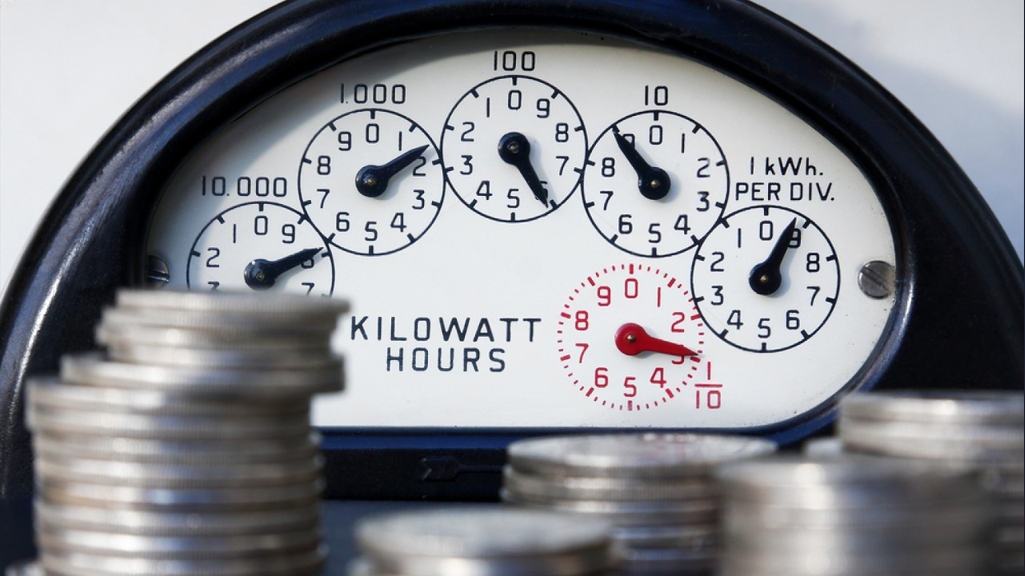
What is a Kilowatt-Hour (kWh)?
A kilowatt-hour is the unit of energy that measures how much power has been used or stored over a period of time. Unlike kW, which tells you the rate at which energy is being used, kWh tells you the total amount of energy consumed or generated.
One kWh is the amount of energy used by a 1 kW device running for one hour. For instance, running a 100-watt light bulb (0.1 kW) for 10 hours will consume 1 kWh of energy.
How is kWh Calculated?
kWh is calculated by multiplying the power usage (in kilowatts) by the time the device is used (in hours). The formula is:
Energy (kWh) = Power (kW) × Time (hours)
For instance, if an electric vehicle charger consumes 7 kW of power and is used for 2 hours, the amount of energy consumed would be:
7 kW × 2 hours = 14 kWh
kWh in Billing and Energy Storage
Utility companies often use the concept of kWh to calculate electricity bills, as it truly reflects the amount of energy a consumer has used over time. The more the number of kWh, the higher your bill will go. For example, if you use 500 kWh in a month, the electricity provider will bill on the total energy consumption.
In energy storage systems, such as in home batteries or solar energy systems, kWh refers to the total capacity of the storage unit. A 10 kWh battery might store enough energy to run your home for several hours, depending on just how much it is used.
Key Differences Between kW and kWh
Power vs. Energy
The basic difference between kW and kWh is in the type of measurement; kW measures power, or the rate of energy use or generation at one moment in time, while kWh measures energy, which refers to the total amount consumed or produced over time.
Simplistically explained as:
- kW = a rate of energy consumption or production.
- kWh = a total amount of energy usage over time.
kW and kWh in EV Charging
In the context of electric vehicle (EV) charging, both kW and kWh are important. The kW rating of a charger is its charging speed. For example, a Level 1 charger typically provides 1.4 kW, while a Level 2 charger may provide 7 kW or more. This means a higher kW charger will charge the vehicle faster.
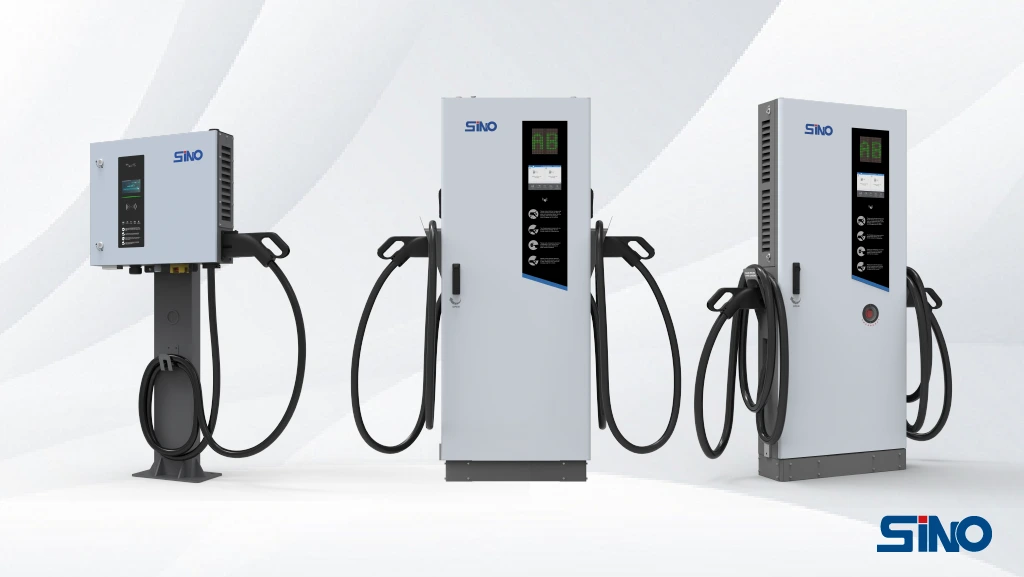
The DC EV charger can provide faster charging speeds compared to AC chargers, making it a crucial factor for commercial EV charging solutions.
The kWh rating of an EV’s battery will tell you how much energy that vehicle can store. For example, a Tesla Model 3 has a battery capacity of around 50-82 kWh, depending on the model. That is how much energy the car will store, which then determines how far it can go per charge.
Real-World Applications
Both kW and kWh find their application in real life, starting from simple household appliances to solar power and electric vehicles. Understanding these units allows consumers to better manage their electricity bills, optimize energy use, and make informed decisions when purchasing appliances or vehicles.
For instance, when buying an energy-efficient appliance, one should consider both the kW rating (which tells how much power an appliance uses at any instant in time) and the kWh rating (which tells how much energy it will consume over a period of time).
Avoiding Common Confusion in Energy Consumption Calculations
Power vs. Energy Misunderstanding
One of the most common confusions, that many people have while describing energy consumption, refers to power and energy. While kW is a measure of instantaneous power, kWh is a measure of cumulative energy over time. Such misunderstandings may further lead to incorrect assessments with respect to energy use.
Wrong Unit Conversion
To carry out conversions among watts, kilowatts, and kilowatt-hours, the right formulas and conventions should be considered. For example:
- 1,000 watts (W) = 1 kilowatt (kW).
- Power (in watts) × Time (in hours) = Energy (in watt-hours or kWh).
Misusing these units can lead to errors in calculating energy usage, potentially resulting in higher or lower-than-expected electricity bills.
Optimizing Energy Use
Impact on Your Energy Bill
Knowing the difference between kW and kWh can enable you to better your energy bill. By choosing energy-efficient appliances and reducing power usage (kW), you lower the overall energy consumption, kWh, thus reducing bills. In addition, many utility companies have different rates depending on your usage; being mindful of your kWh consumption will save you money.
For home charging solutions, investing in a high-efficiency charger can significantly reduce the amount of energy used in the long term.
Kw and Kwh: Choosing Energy-Efficiency Appliances
When buying a very wide array of appliances from air conditioners and fridges to electric car chargers, consider the kW rating—that is, how much power it uses—and the kWh—that is, energy supply over time. Most energy-efficient appliances have a lower kW rating, hence using less power during operation.
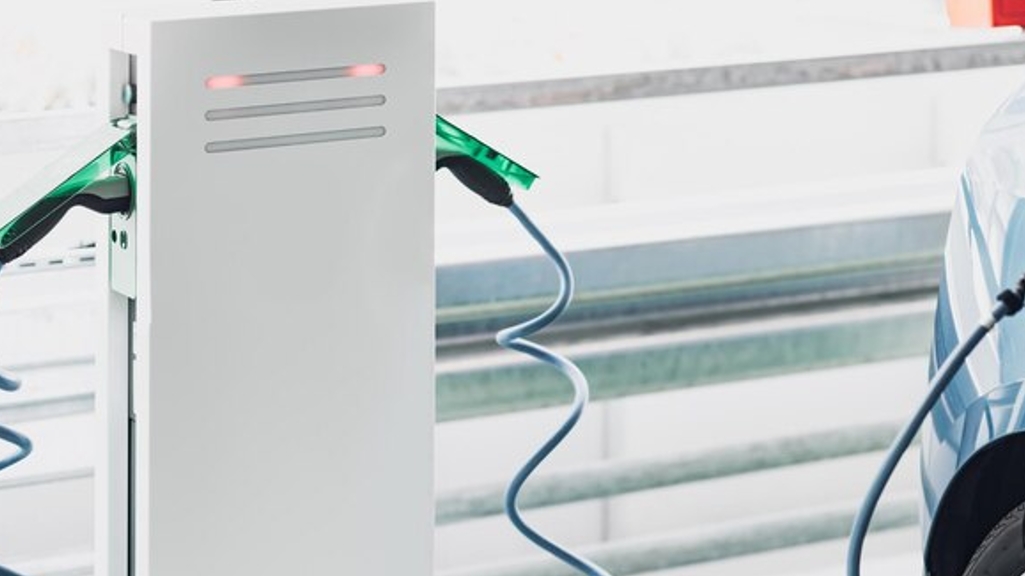
Using Smart Meters, Solar Systems, and Energy Monitors
To further optimize your energy use, consider investing in a smart meter, solar energy system, and/or energy monitor. These devices enable you to monitor your real-time power use (kW) or total energy consumption in (kWh). You can adjust your behavior to conserve energy with the eventual goal of saving money based on such monitoring.
Conclusion
Distinction between kW and kWh is very critical in managing energy consumption. The modern era has seen electric vehicles, smart homes, and renewable energy sources, which magnify the importance of the understanding of kW and kWh. The kW measures the power at any one specific time while kWh measures the total energy consumed over a period. Learning how to calculate and monitor these units’ figures will allow you to make better decisions for an optimal energy use, lower electric bills, and more sustainable energy practices.
FAQs
1. What is the difference between a kW and a kWh?
A kW measures power, which is the rate of energy use, while a kWh measures energy, which is the total amount of energy used over time.
2. How do I convert watts to kilowatts or kilowatt-hours?
To convert watts to kilowatts, divide by 1,000 (e.g., 1,000 watts = 1 kW). To convert watts to kilowatt-hours, multiply watts by time (in hours), then divide by 1,000.
3. How does kW affect my electricity bill?
Higher kW-rated appliances consume more power per hour. By lowering the kW rating of your appliances, your energy use can be decreased along with lowering your bill.
4. Why does my electric vehicle take longer to charge than expected?
Charging time is based on the kW rating of the charger and battery size.
5. Can I reduce my energy bill by switching to energy-efficient appliances?
Yes, they use less kW, hence lower power consumption and lower bills.
Our Social
Facebook: www.facebook.com/sinoevc
Instagram: www.instagram.com/sinoevc
Linkedin: www.linkedin.com/company/sinoevse
Youtube: www.youtube.com/@sinoevc
Twitter: www.twitter.com/sinoevc

“Charging for A Better Life”
—Zhuhai Sino Energy Technology Co.,Ltd.




